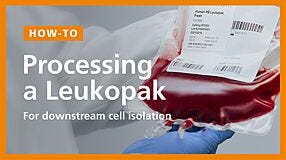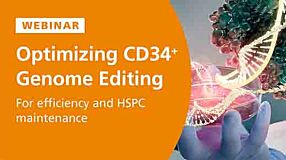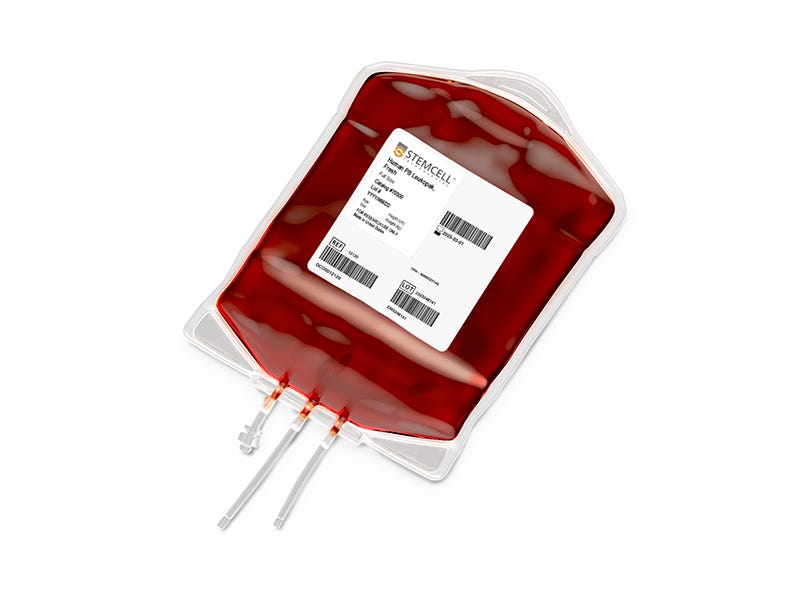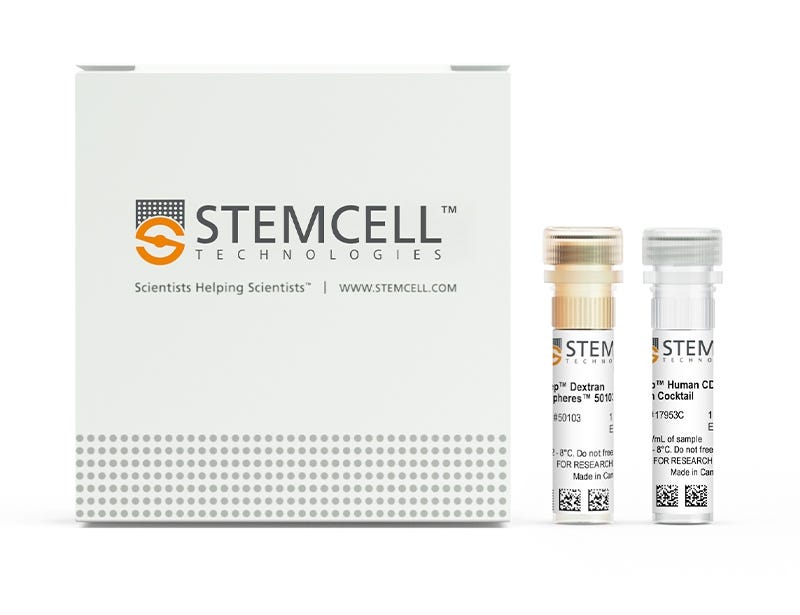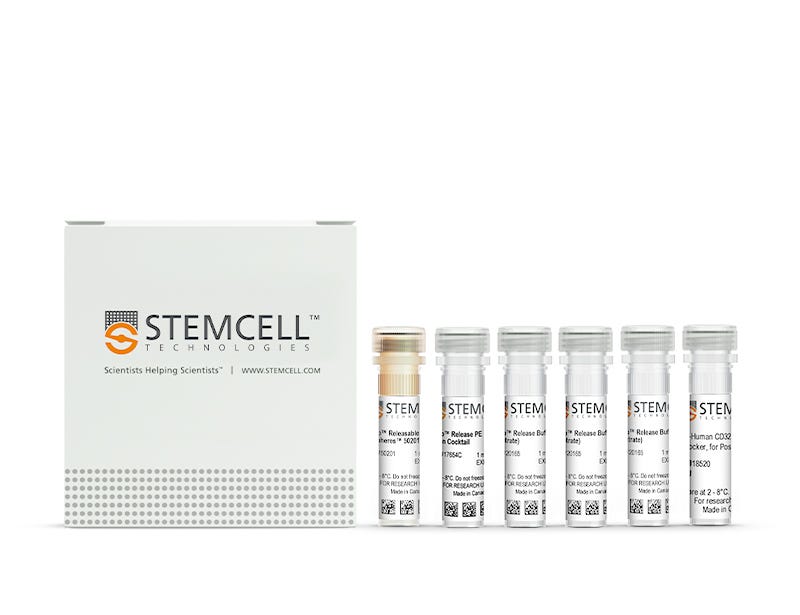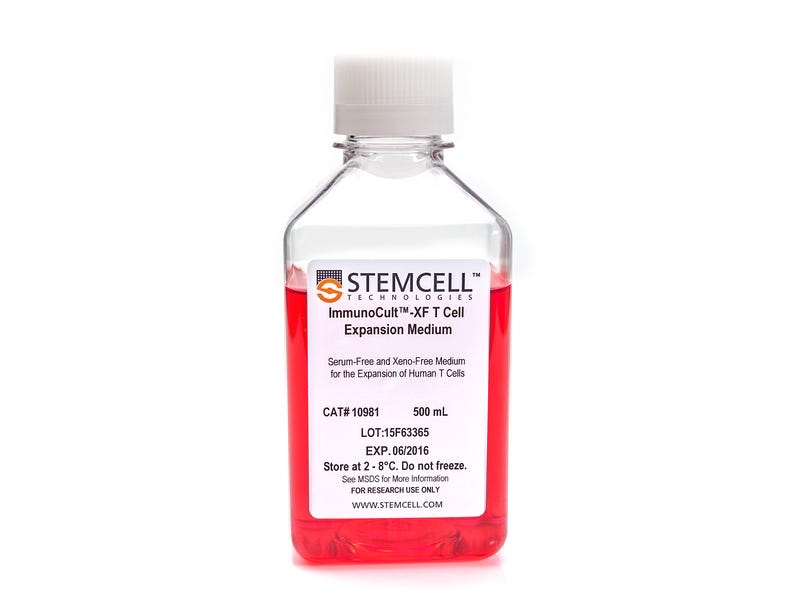Hematopoietic Stem Cell Fitness and Function During Sickle Cell Disease
Chronic insults, such as inflammation and replicative stress, impair and exhaust blood-sustaining hematopoietic stem cells (HSCs), leading to dysfunction and selection for leukemia-associated mutations. Dr. McKinney-Freeman’s laboratory is currently studying how sickle cell disease (SCD), an inherited hemolytic anemia with a large inflammatory component and increased hematopoietic demand, compromises the fidelity and function of hematopoietic stem cells (HSCs) in both mice and individuals with SCD. Mounting evidence indicates that SCD patients may experience enhanced rates of clonal hematopoiesis, as well as MDS (myelodysplastic syndrome) and AML (acute myeloid leukemia), in general, and following allogeneic HSC transplantation or autologous HSC gene therapy. Considering that these are the only curative therapies for SCD, it is important to better understand and prevent SCD-induced insults to HSCs and their microenvironment.
In this webinar, Dr. McKinney-Freeman from St. Jude Children’s Research Hospital describes, in detail, what her laboratory has learned about how SCD affects HSCs. Additionally, Dr. McKinney-Freeman is joined by Dr. Eric Norris, Account Executive, Cell Culture, STEMCELL Technologies in the Q&A session.
Join Dr. Shannon McKinney-Freeman as she presents research on the relationships between sickle cell disease, hematopoietic stem cells, and risks of clonal hematopoiesis and leukemia.
Publish Date:
October 03, 2024
Request Pricing
Thank you for your interest in this product. Please provide us with your contact information and your local representative will contact you with a customized quote. Where appropriate, they can also assist you with a(n):
Estimated delivery time for your area
Product sample or exclusive offer
In-lab demonstration
By submitting this form, you are providing your consent to STEMCELL Technologies Canada Inc. and its subsidiaries and affiliates (“STEMCELL”) to collect and use your information, and send you newsletters and emails in accordance with our privacy policy. Please contact us with any questions that you may have. You can unsubscribe or change your email preferences at any time.
